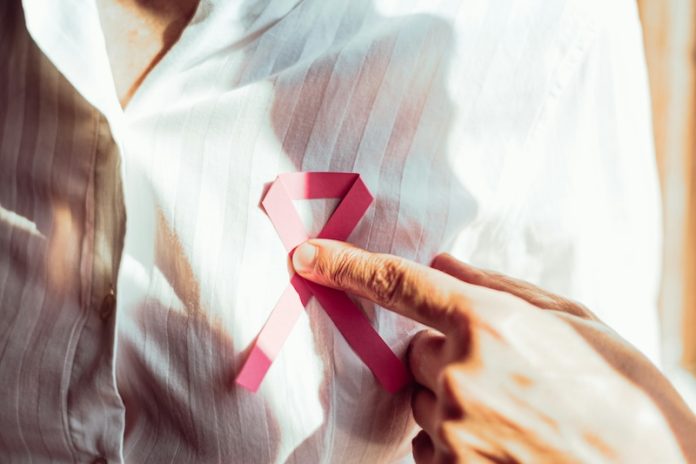
A new study from Weill Cornell Medicine has found that a type of fat called linoleic acid, which is common in many foods we eat, can help a dangerous kind of breast cancer grow faster. This discovery may help researchers develop better advice on what to eat—and avoid—if you have or are at risk of certain cancers.
Linoleic acid is a kind of omega-6 fatty acid. Our bodies need some omega-6 fats to function properly. These fats help build cells and keep our skin and hair healthy. We get linoleic acid from seed oils like soybean, corn, and safflower oils.
It’s also found in animal products such as pork, chicken, and eggs. Since the 1950s, the amount of linoleic acid in our diets has increased, especially in Western countries. This is because these oils are often used in fried and processed foods.
Over the years, scientists have wondered whether eating too much linoleic acid could increase the risk of diseases like cancer. But until now, no one had a clear answer or explanation.
In this study, published on March 14 in the journal Science, researchers wanted to understand whether linoleic acid has a direct effect on breast cancer. They focused on a hard-to-treat form of breast cancer called triple-negative breast cancer.
This subtype makes up about 10–15% of breast cancer cases. It’s called “triple negative” because the cancer cells do not have the three main receptors (estrogen, progesterone, and HER2) that most breast cancers do. This makes it more difficult to treat with current therapies.
The scientists discovered that linoleic acid helps triple-negative breast cancer cells grow by triggering a growth signal inside the cells. This happens when linoleic acid attaches to a protein in the cancer cells called FABP5. FABP5 is much more common in triple-negative breast cancer than in other breast cancer types.
Once linoleic acid and FABP5 come together, they activate a powerful growth pathway known as mTORC1. This pathway tells the cancer cells to grow and divide faster.
The team tested this idea by feeding mice a diet high in linoleic acid. These mice had been bred to develop triple-negative breast cancer. The results were clear: tumors grew faster in mice that ate more linoleic acid. The mice also showed higher levels of FABP5 and stronger activation of the mTORC1 growth signal.
To see if this was true in humans too, the researchers looked at samples from patients with triple-negative breast cancer. They found higher levels of both linoleic acid and FABP5 in the patients’ blood and tumors.
This study is important because it shows a clear link between a common dietary fat and the growth of a specific cancer type. It also shows exactly how the fat helps cancer grow, something past studies couldn’t explain. Knowing this opens up new paths for research, both in how to treat this cancer and how diet might play a role.
One promising idea is to use FABP5 as a marker to identify which patients might benefit from certain diets or treatments. If a patient has high levels of FABP5, reducing linoleic acid in their diet might help slow the cancer’s growth. There may also be ways to develop drugs that block FABP5 or the growth pathway it helps activate.
Interestingly, the same fat-protein-growth pathway may play a role in other cancers too. The researchers found that it can also promote the growth of some prostate cancers. They believe it might even be linked to other conditions like obesity and diabetes.
In summary, the study shows that linoleic acid—when combined with high levels of the FABP5 protein—can help triple-negative breast cancer grow faster by turning on a powerful growth signal. While the body does need some linoleic acid, this research suggests that eating too much of it might be harmful for certain people.
It also provides the first clear explanation of how a common fat in our diet can directly influence cancer growth, and it points to new ways of treating and preventing this disease in the future.
If you care about breast cancer, please read studies about a major cause of deadly breast cancer, and this daily vitamin is critical to cancer prevention.
For more information about cancer, please see recent studies that new cancer treatment could reawaken the immune system, and results showing vitamin D can cut cancer death risk.
The research findings can be found in Science.
Copyright © 2025 Knowridge Science Report. All rights reserved.



